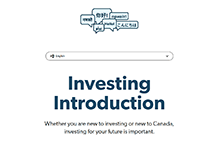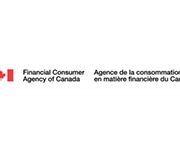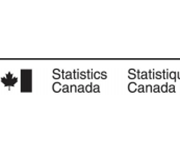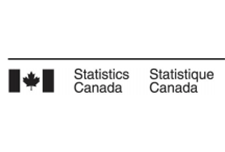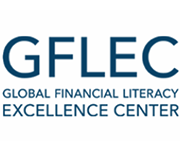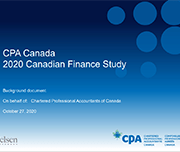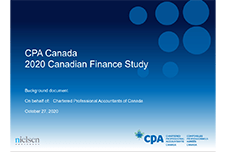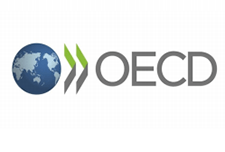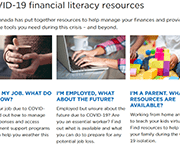Chartered Professional Accountants of Canada (CPA Canada) has released its comprehensive Canadian Finance Study 2020, which examines people's attitudes and feelings towards their personal finances. The results highlight the new financial realities that Canadians are experiencing during these unprecedented times.
Nielsen conducted the CPA Canada 2020 Canadian Finance Study via an online questionnaire, from September 4 to 16, 2020 with 2,008 randomly selected Canadian adults, aged 18 years and over, who are members of their online panel.
Among the key pandemic-related findings:
- 31 per cent of the participants say their income has decreased as a result of COVID-19.
- 30 per cent of respondents report COVID-19 has reduced the amount they are saving.
- 21 per cent of pre-retired respondents reveal they now plan to retire later as a result of COVID-19.
- COVID-19 also is impacting the way survey participants are spending, with 55 per cent saying they are spending less, on average.
- Nearly half of the respondents (46 per cent) say that their financial situation is about the same as it was a year ago.
- 77 per cent of those surveyed are not receiving a COVID-19-related benefit from the federal government.

